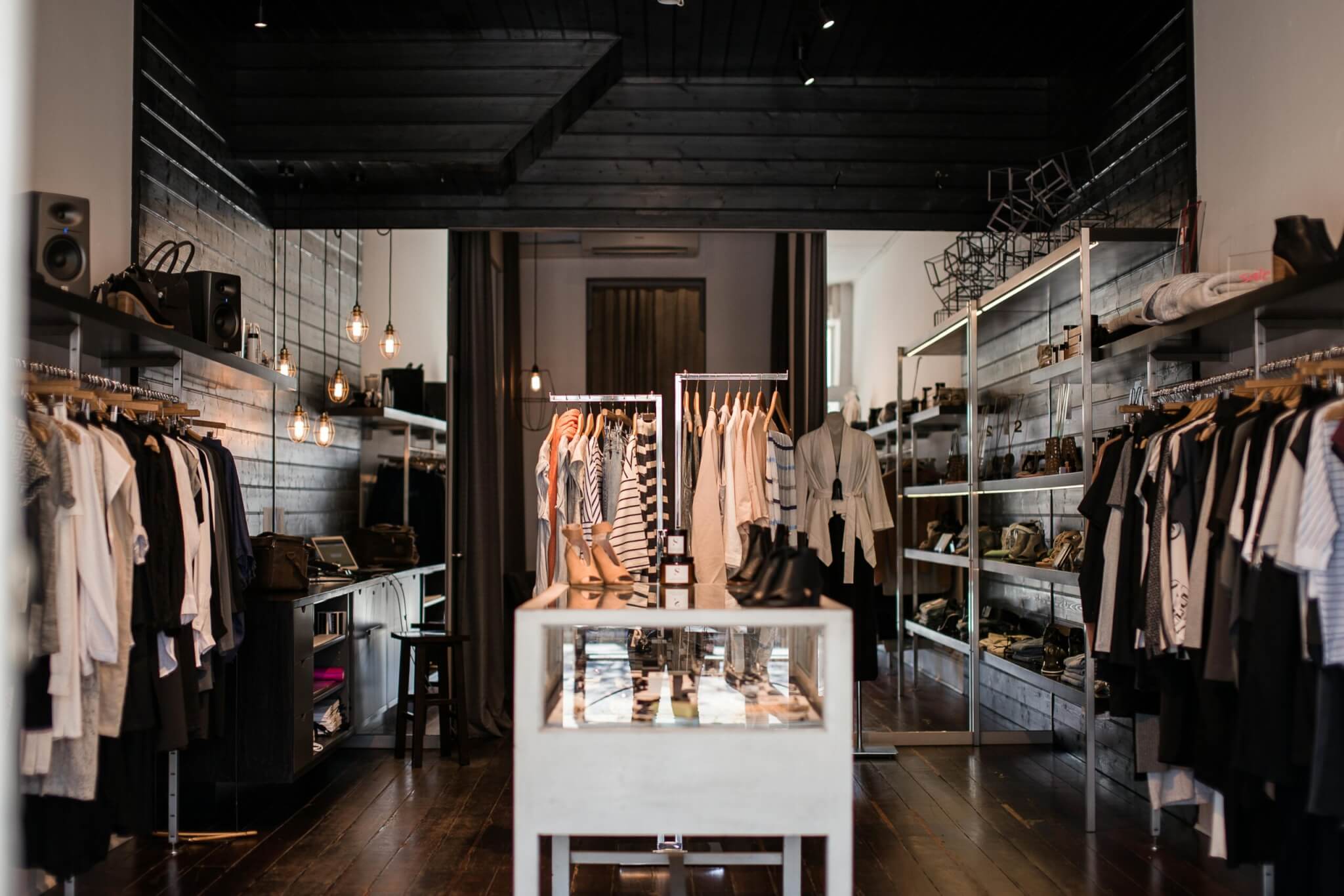Aug 20, 2025
5 min read
How to Get a Business Loan for Your Laundromat in 5 Steps
Running a laundromat business often requires significant upfront and ongoing capital....
Read story

Running a successful retail business takes more than just offering great products. From managing inventory and staffing to maintaining your storefront and marketing your brand, retail owners face a wide range of ongoing expenses. Whether you’re launching a new location, preparing for seasonal demand, or looking to expand, having access to the right financing can make all the difference.
Fortunately, there are a variety of small business loans designed specifically to help retail businesses grow and thrive. These funding options can provide the capital you need to invest in your business without disrupting your cash flow.
In this article, we’ll walk you through the key steps to getting a loan for your retail business. You’ll learn how to assess your financing needs, explore available loan types, understand qualification requirements, and choose the right lender to support your long-term success.
Before applying for a retail business loan, it’s important to identify how much funding you need and what you’ll use it for. Whether you’re launching a boutique, upgrading your point-of-sale system, or stocking up for a busy season, understanding your financing needs helps guide you toward the right loan option and prevents over- or under-borrowing.
Retail business owners seek financing for a wide variety of reasons. These can vary depending on whether you’re starting fresh, expanding your store, or managing day-to-day operations.
Retail business owners have access to several financing options designed to meet the diverse needs of the industry. Whether you need funds to stock inventory, renovate your store, or manage seasonal cash flow, choosing the right loan type is essential for maximizing your return on investment.
The SBA 7(a) loan is a popular financing option backed by the U.S. Small Business Administration. It’s commonly used by retail business owners for both startup and growth needs.
SBA loans typically offer lower interest rates and longer repayment terms, but the application process can be time-consuming and may require strong financials and collateral.
A term loan provides a lump sum of capital that is repaid over a fixed period of time. This is a versatile option for retailers looking to make a major investment in their business.
Term loans are ideal for projects with a defined cost and timeline, and they’re available through both traditional banks and alternative lenders.
Retailers often rely on specialized equipment like point-of-sale systems, security cameras, or refrigeration units. Equipment financing allows you to spread out the cost of these essential tools.
The equipment itself typically serves as collateral, making this a good option for businesses with limited available capital.
A business line of credit offers flexible access to funds, allowing retail owners to borrow and repay as needed within a set credit limit. It’s a smart solution for managing cash flow fluctuations.
Lines of credit can be especially useful for seasonal retailers or those managing unpredictable sales cycles.
Before you apply for a loan, it’s important to understand the criteria lenders use to evaluate retail businesses. While requirements can vary by lender and loan type, there are several common factors that will influence your ability to qualify and the terms you’ll receive.
Most lenders require a minimum credit score to approve financing. A higher score can lead to better interest rates and more favorable terms. While some alternative lenders may work with lower scores, traditional lenders typically prefer scores of 650 or higher.
Lenders generally favor businesses with an established track record. If your retail store has been operating for at least one to two years, you’ll have a stronger chance of qualifying for a loan. Startups may still qualify for certain loan types, but they often face more stringent requirements.
Your business’s revenue plays a major role in determining loan eligibility. Lenders want to ensure you have consistent income to support loan repayment. Some loan types have minimum revenue thresholds, often ranging from $100,000 to $250,000 annually.
Even if your revenue is strong, lenders will also look at your profit margins and cash flow. They want to see that your retail business can comfortably manage its current expenses along with new debt payments.
Some loans may require collateral, such as business equipment or inventory, to secure the funding. This can reduce risk for the lender and potentially improve your loan terms. Not all loan types require collateral—especially short-term financing or unsecured lines of credit.
Once you’ve identified your financing needs and assessed your eligibility, the next step is finding a lender that aligns with your business goals. Retail business owners can choose from a wide range of lending partners, but it’s important to compare options carefully to secure the best possible terms.
Banks typically offer competitive interest rates and long repayment terms, especially for SBA and term loans. However, they often have strict eligibility requirements, longer approval timelines, and more paperwork—making them less accessible for newer or smaller retail businesses.
Alternative lenders provide faster approval processes, flexible terms, and a wider variety of loan products. These lenders are often more willing to work with retail businesses that have limited credit history or are looking for short-term financing.
Some lenders, such as SBG Funding, specialize in working with retail businesses and understand the unique challenges of the industry. These lenders may offer tailored loan solutions for inventory purchases, seasonal cash flow management, and store upgrades.
After choosing the right lender and loan product, the final step is to gather the necessary documentation and complete your application. Being organized and thorough at this stage can speed up the process and improve your chances of approval.
While documentation requirements may vary by lender and loan type, most retail business owners should be prepared to provide:
Some lenders may also request sales reports, inventory records, or lease agreements—especially for brick-and-mortar retail stores.
Once you’ve submitted your application and supporting documents, the approval timeline can range from a few hours with an alternative lender to several weeks with a traditional bank. Be sure to stay responsive to any follow-up requests and review all loan terms carefully before signing.
Whether you’re opening a new storefront or expanding your existing retail operation, SBG Funding offers customized term loan solutions designed to support your business goals. Our fast and flexible financing helps you focus on growing your brand and serving your customers.
Applying won’t affect your credit score. Get the capital your retail business needs—without the hassle.

Aug 20, 2025
5 min read
Running a laundromat business often requires significant upfront and ongoing capital....
Read story

Jul 09, 2025
5 min read
Business loans can be a critical source of working capital, helping...
Read story

Jun 18, 2025
5 min read
A personal guarantee is a legally binding promise made by a...
Read story

A funding specialist will get back to you soon.
If you can’t hang on then give us a call at (844) 284-2725 or complete your working capital application here.